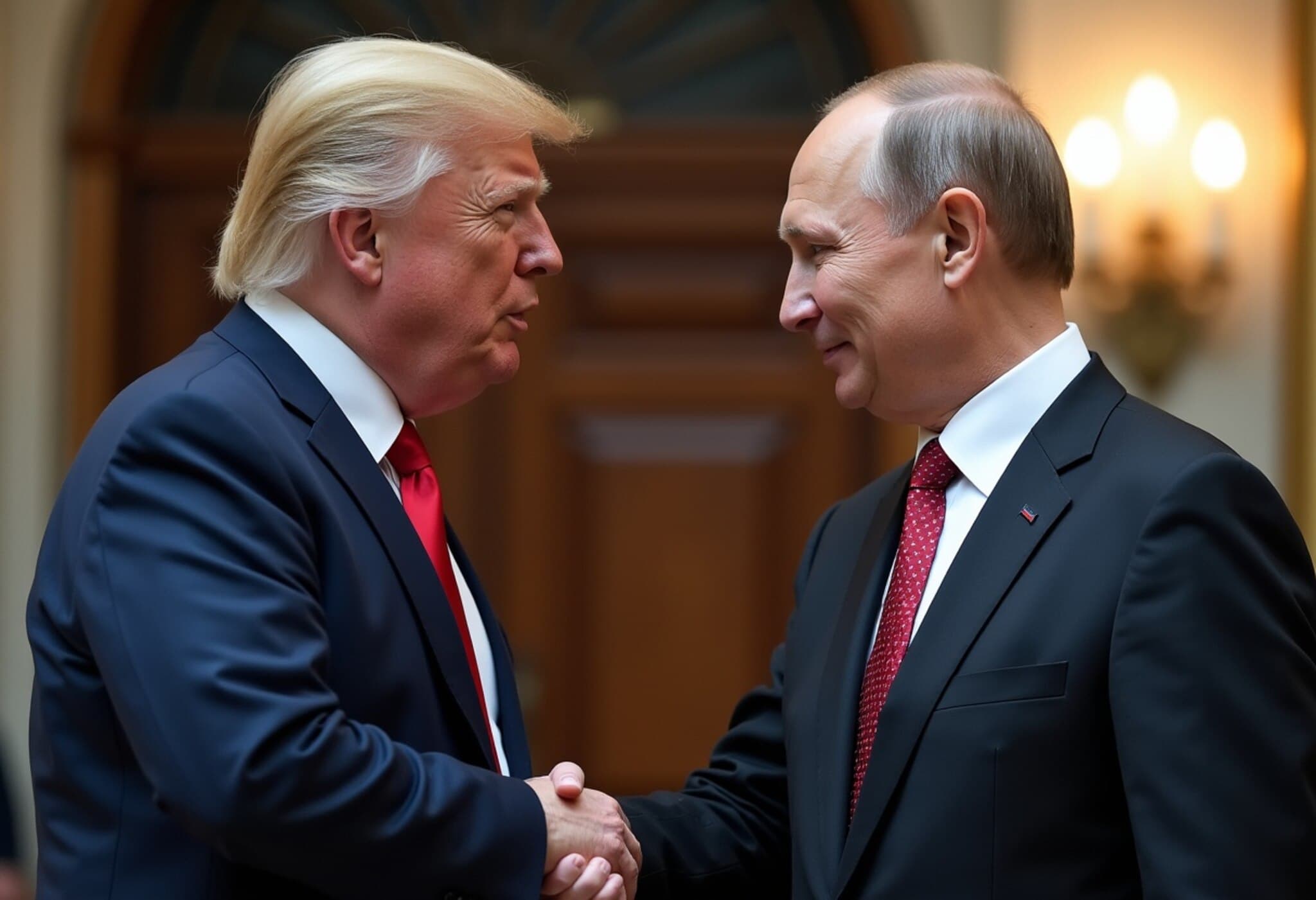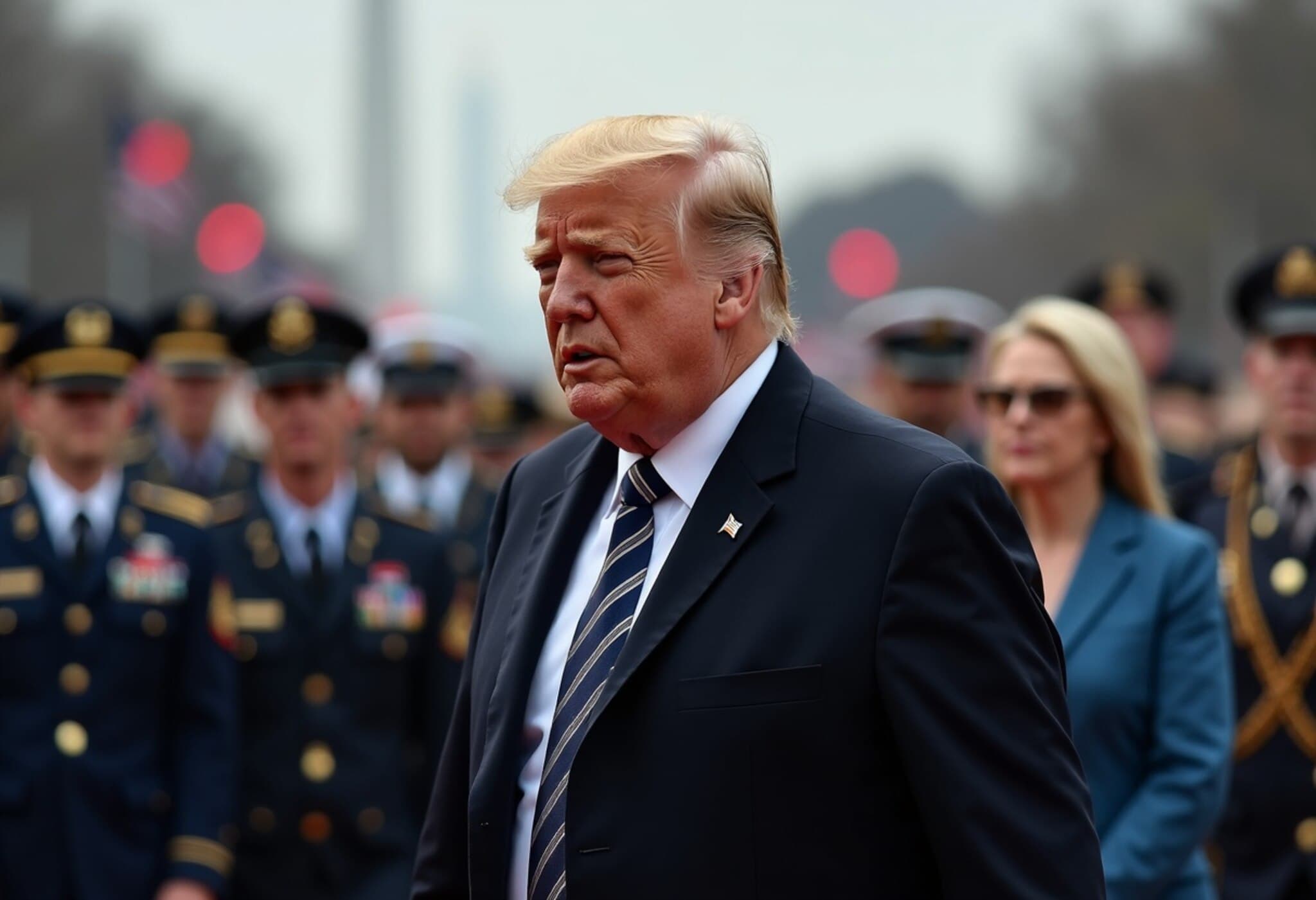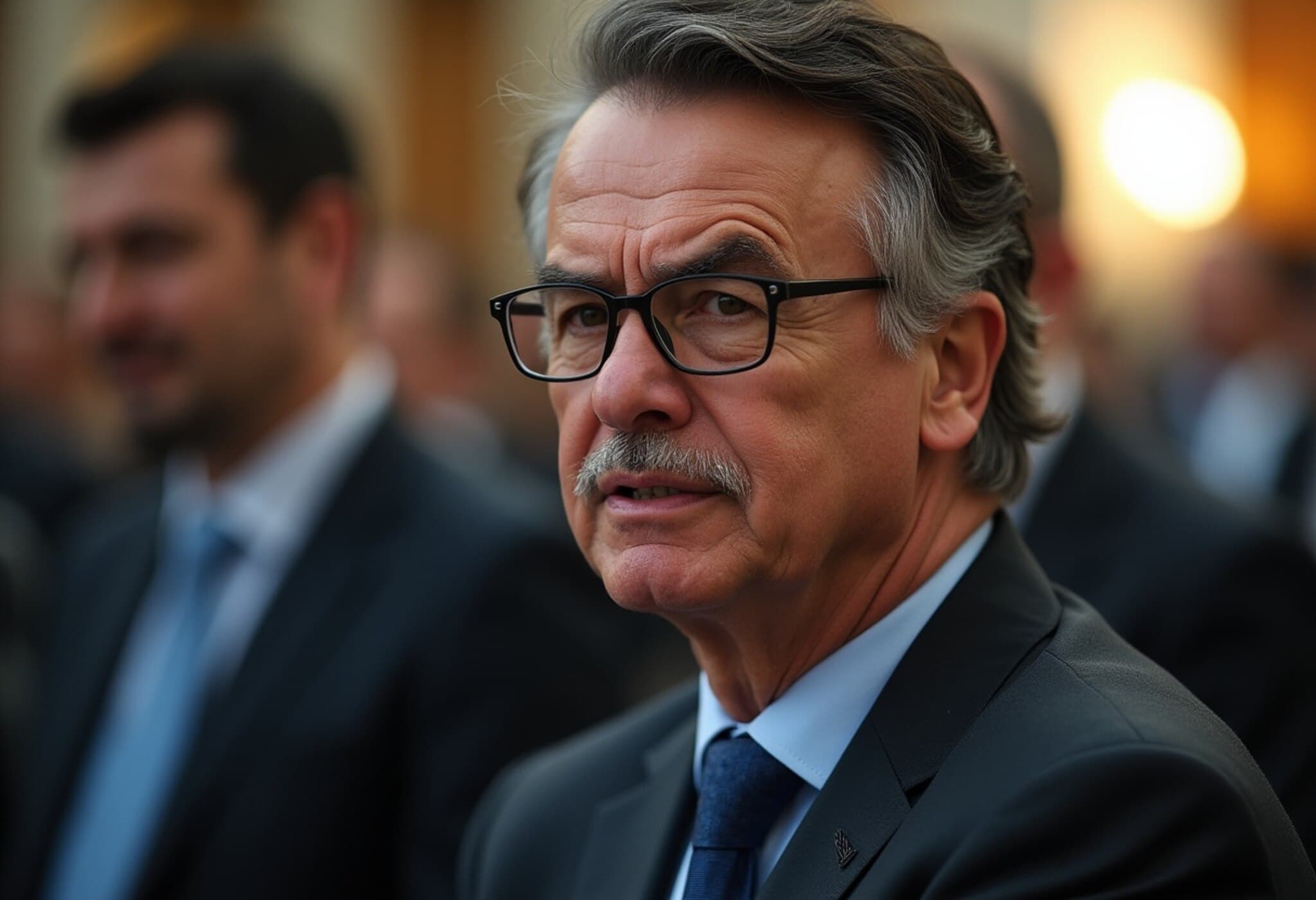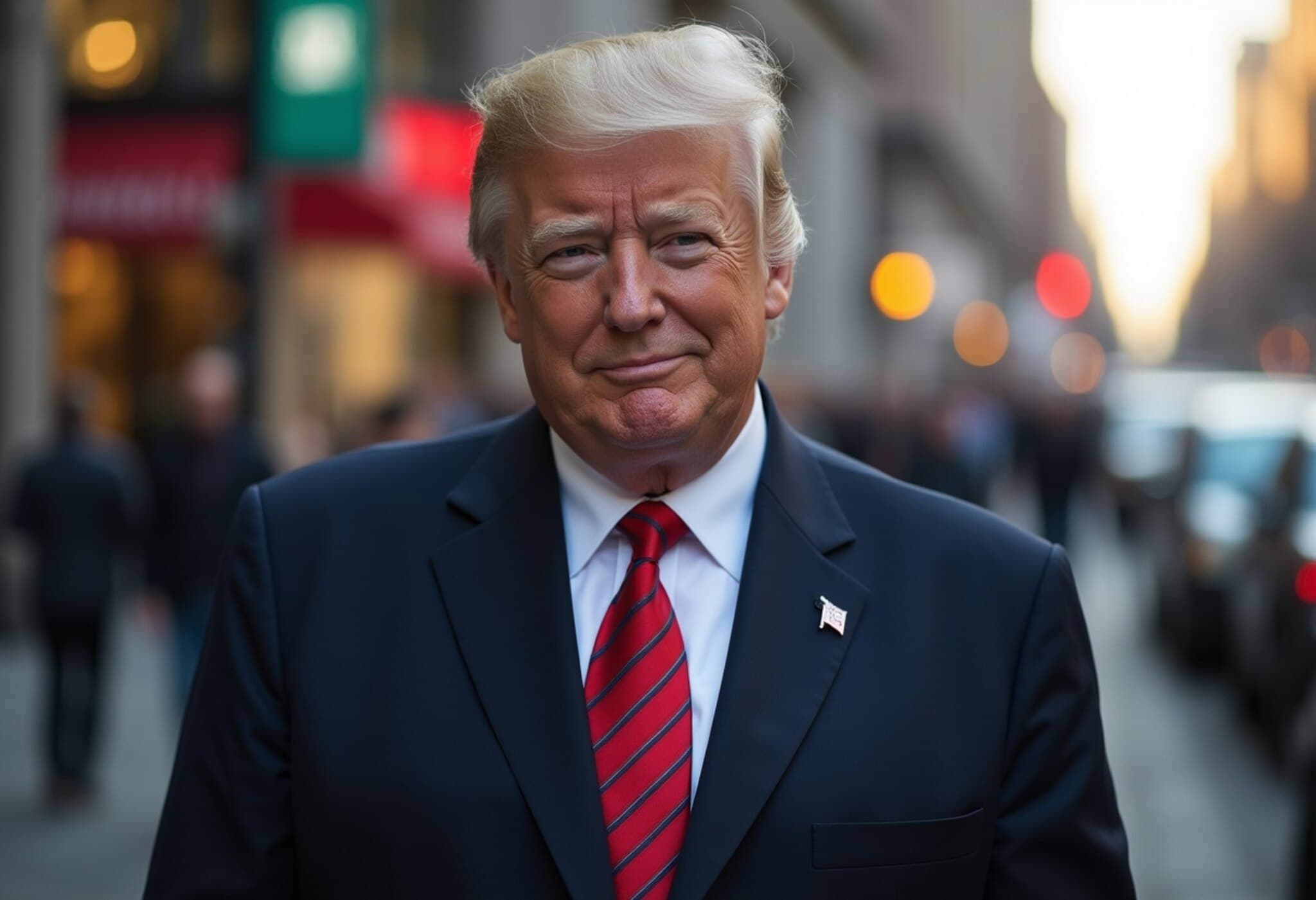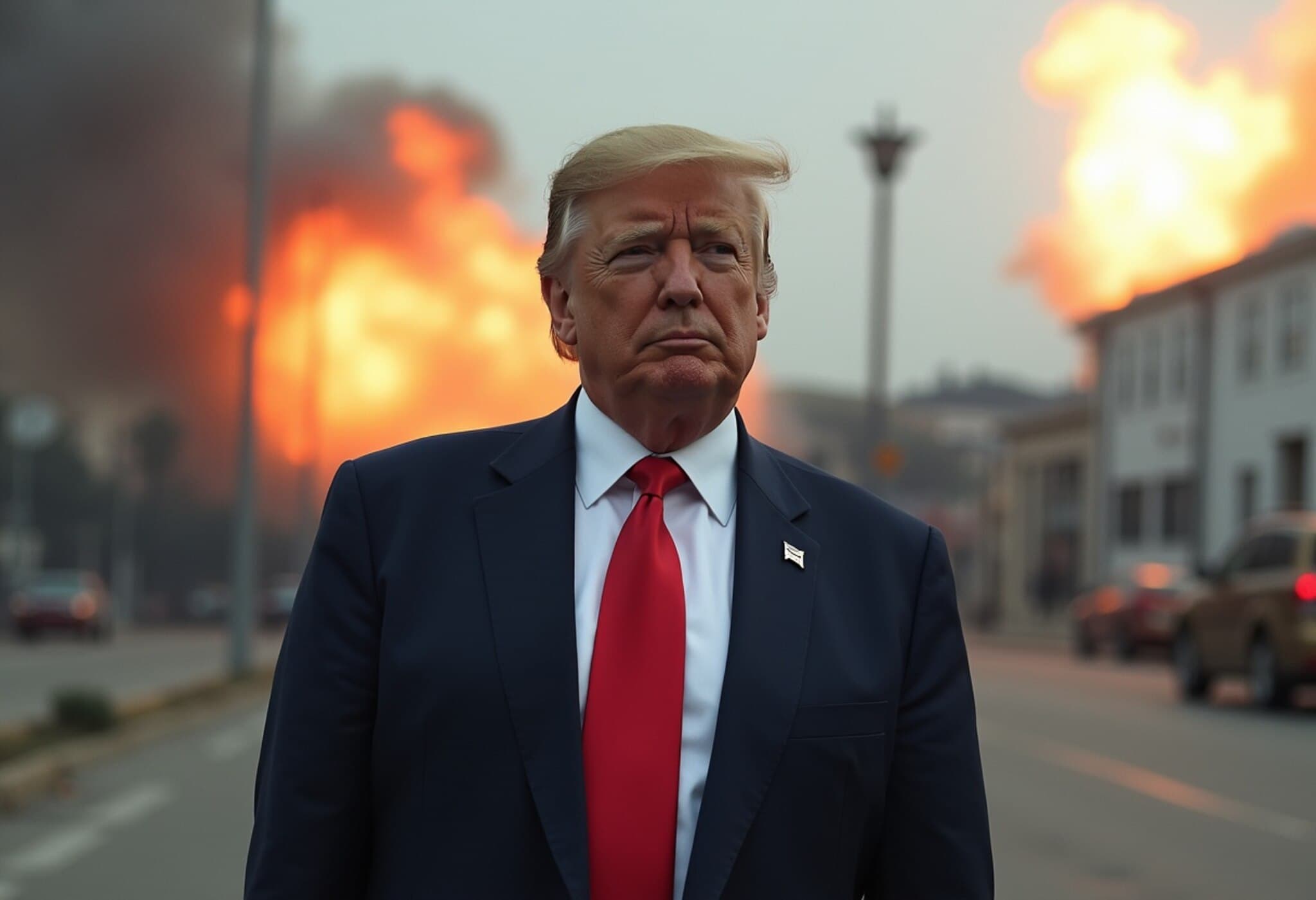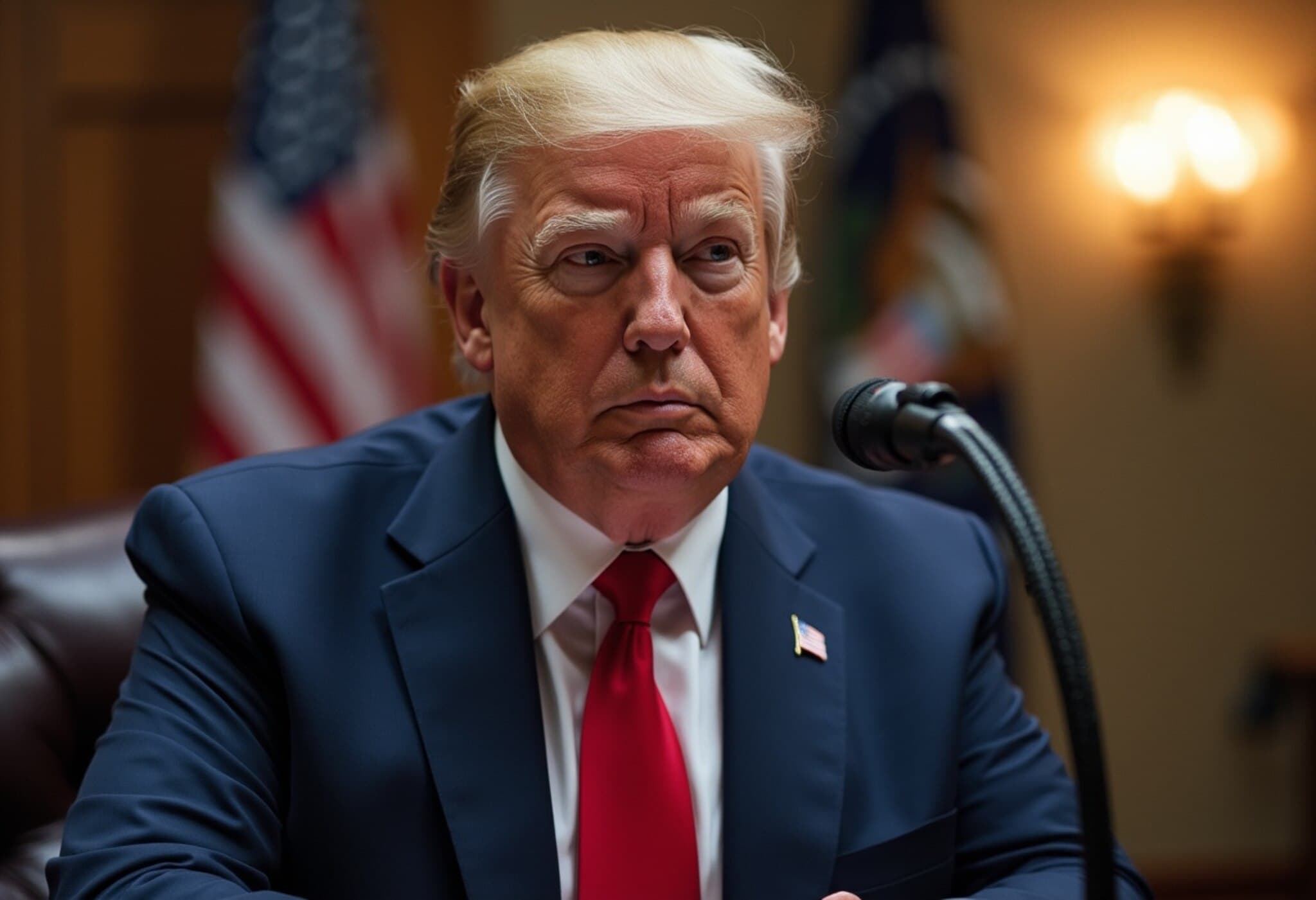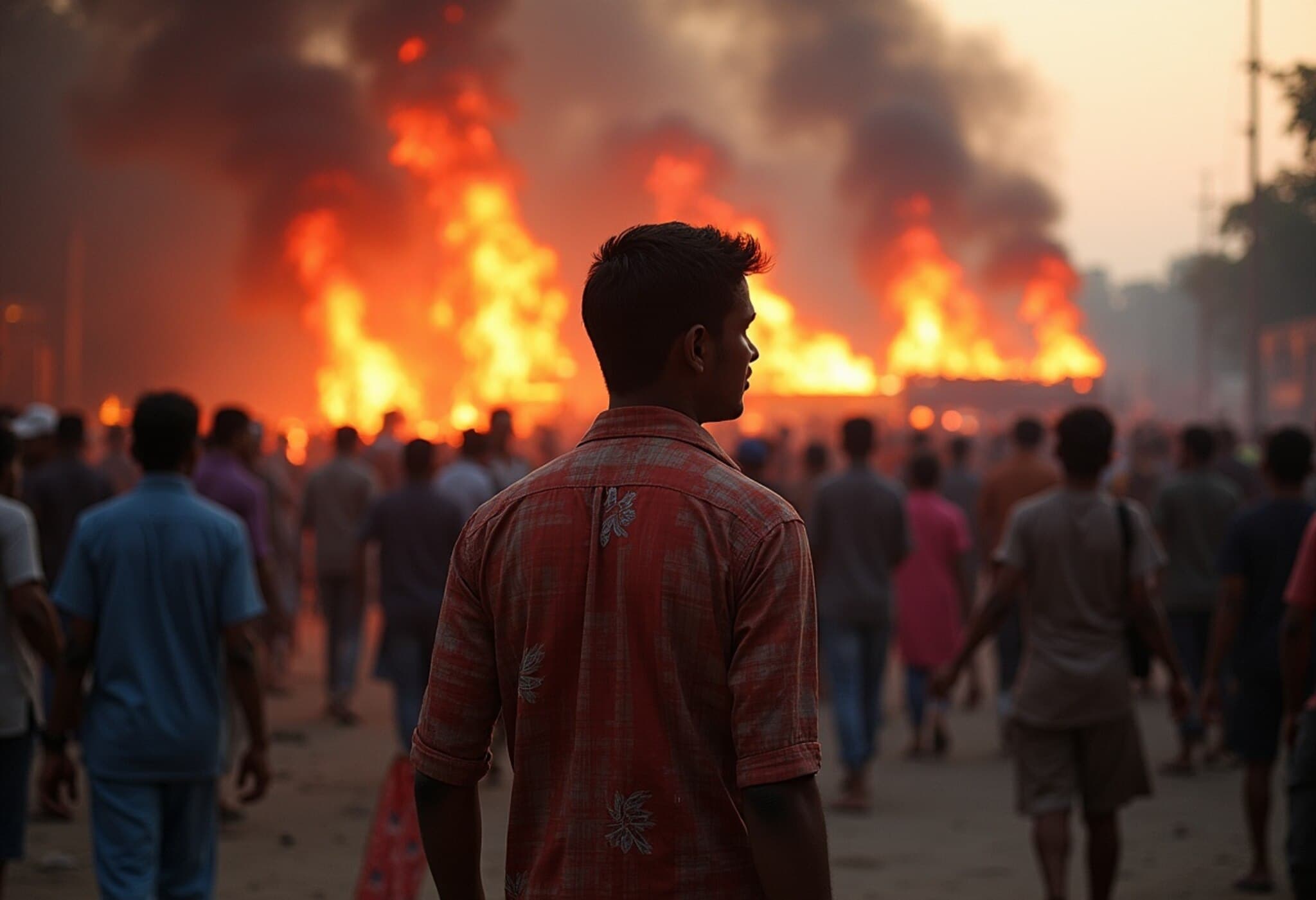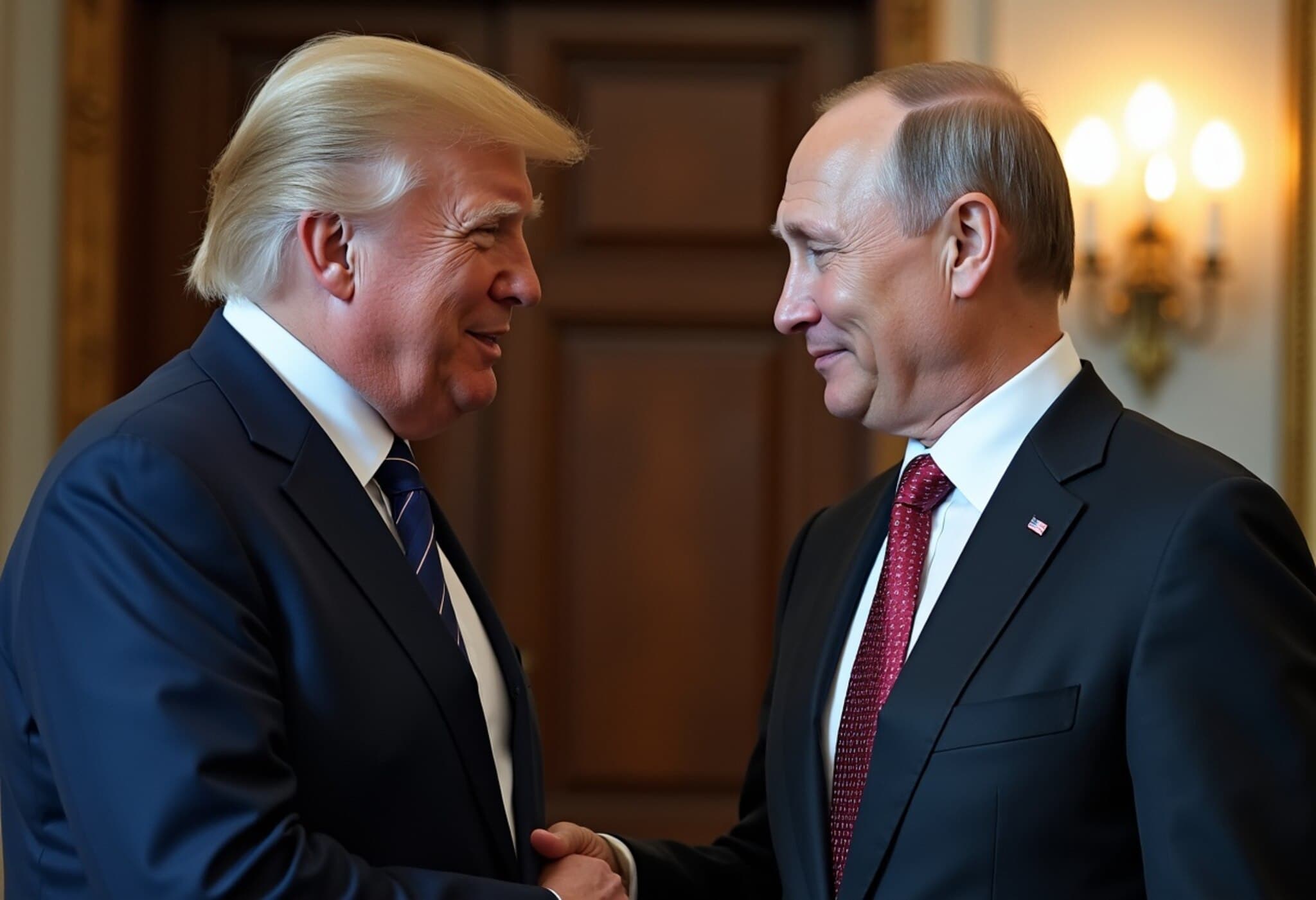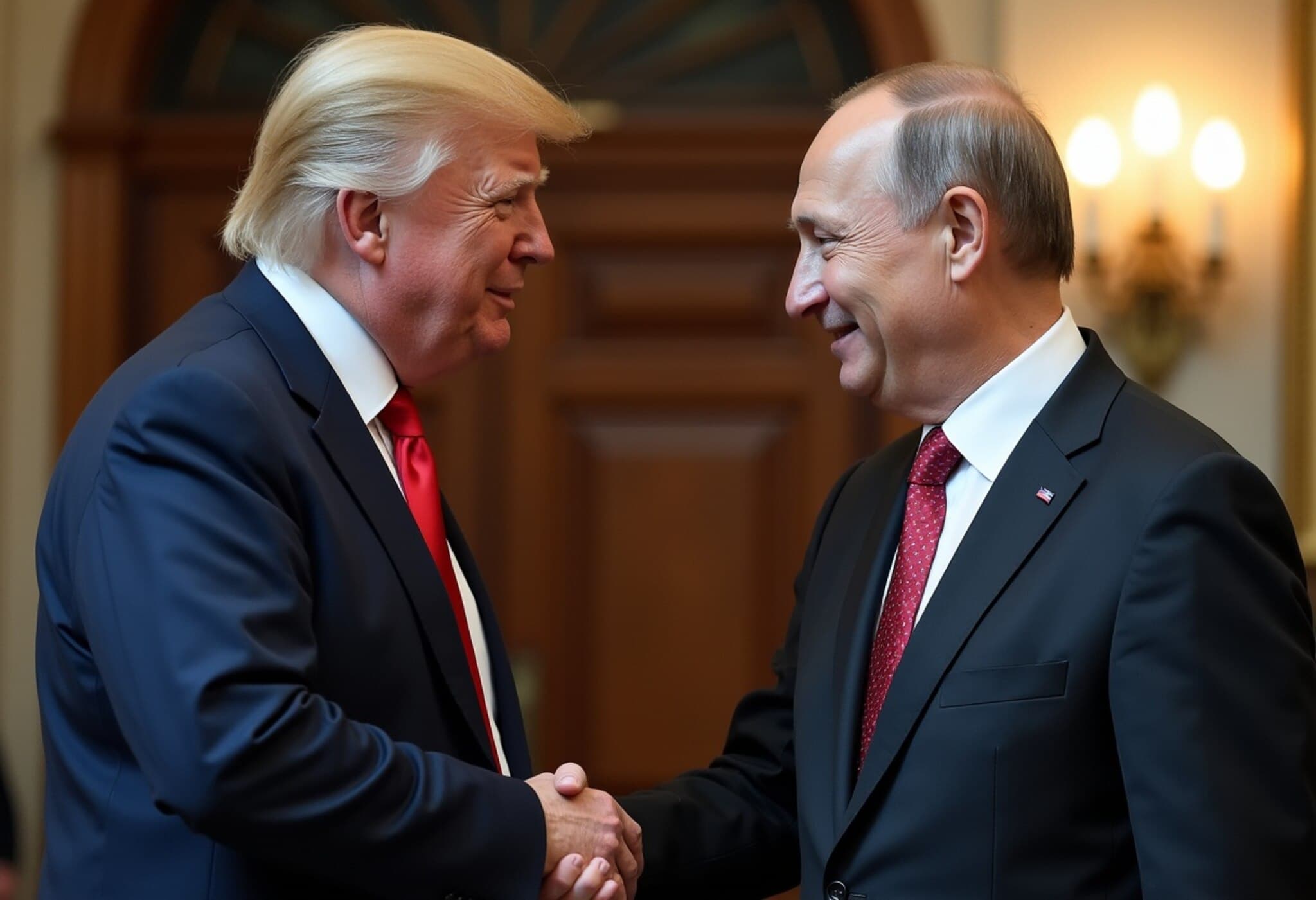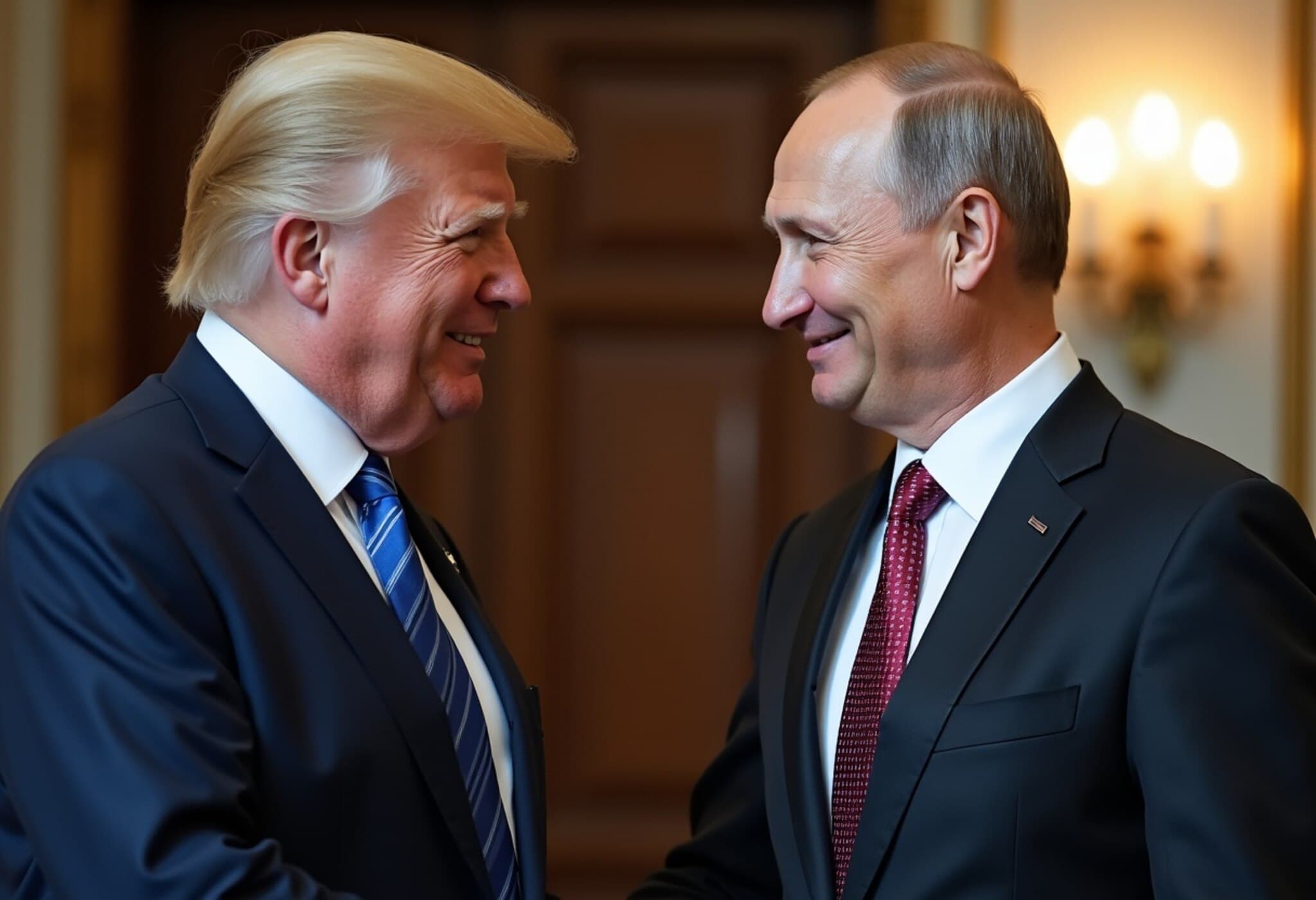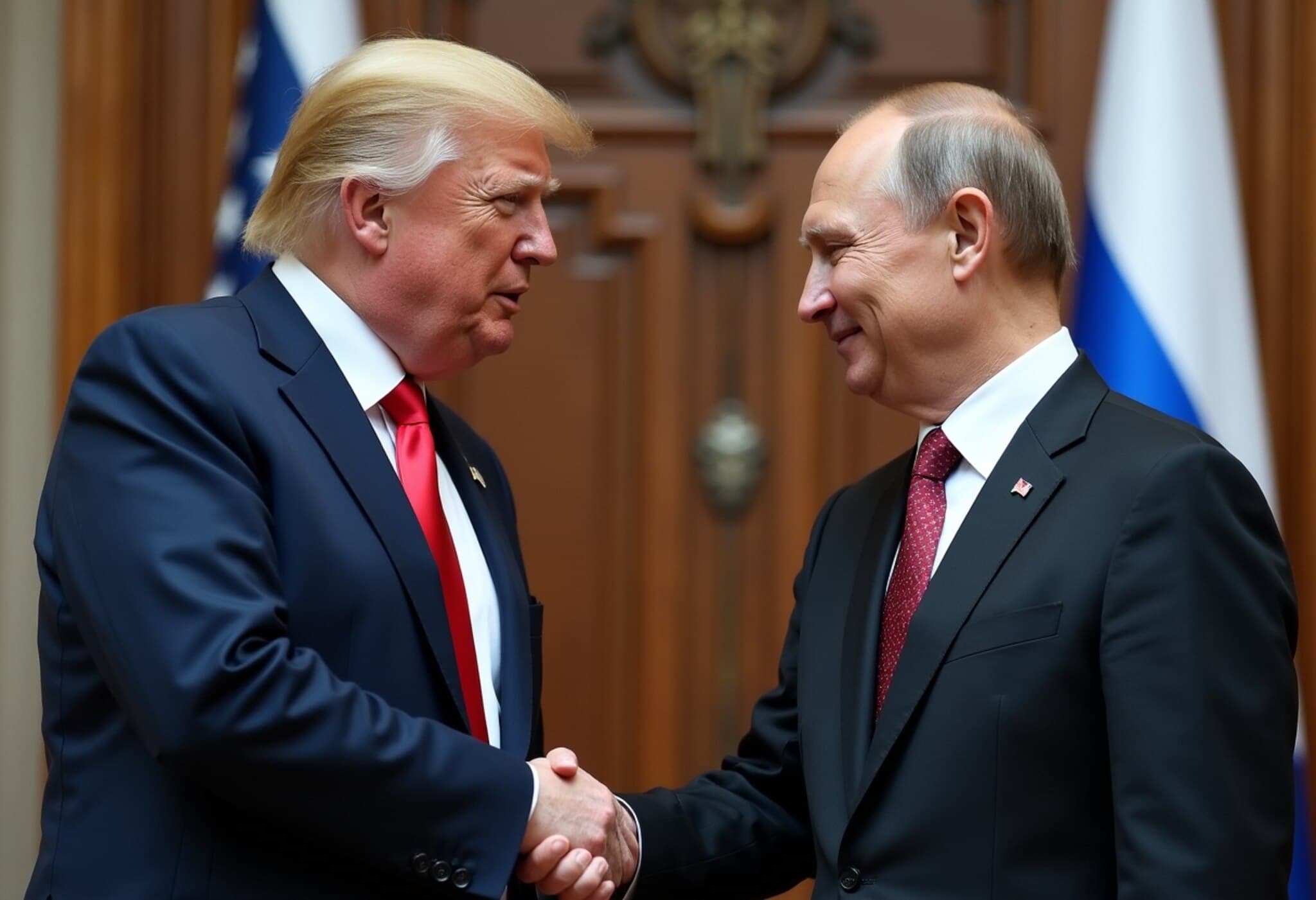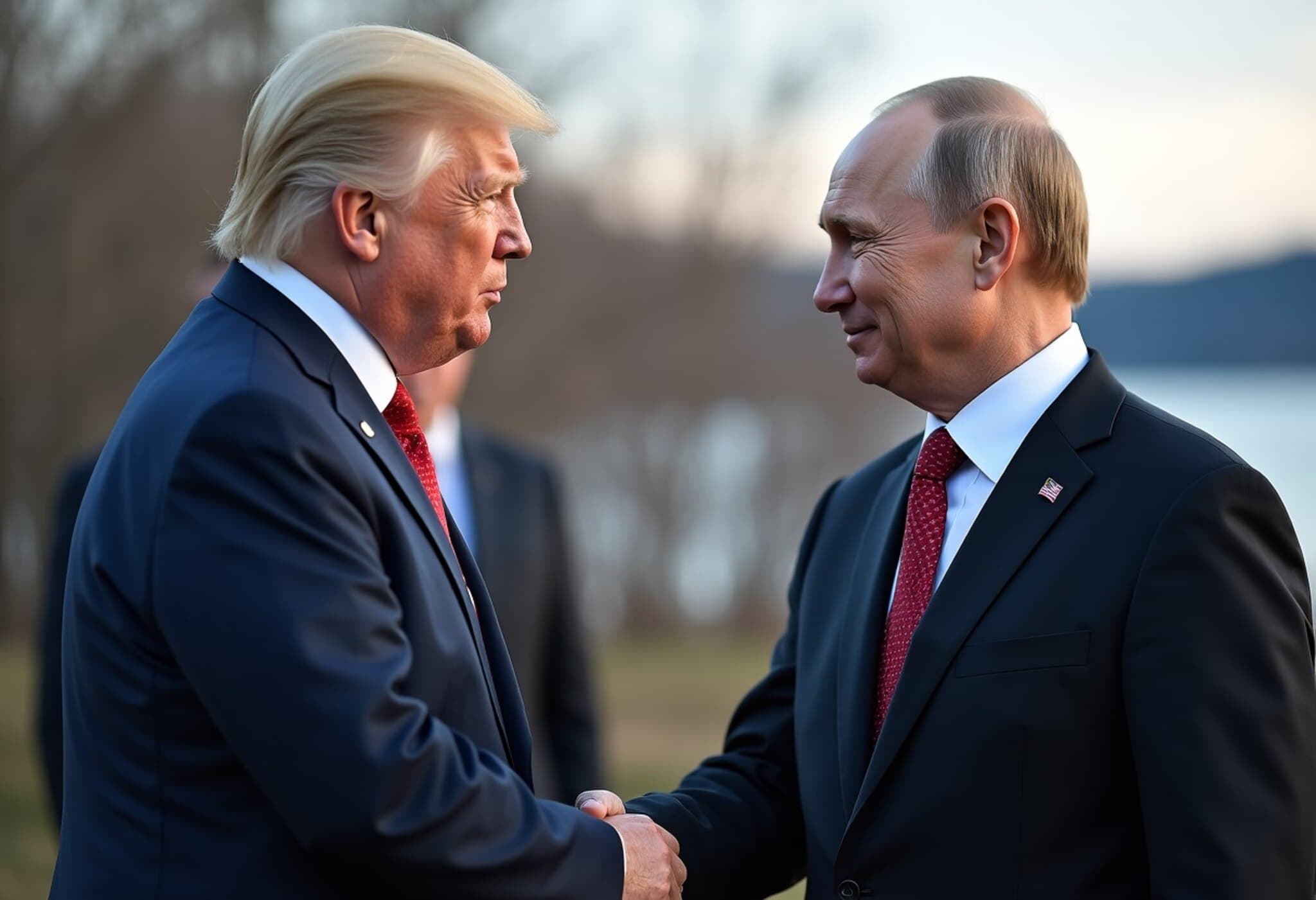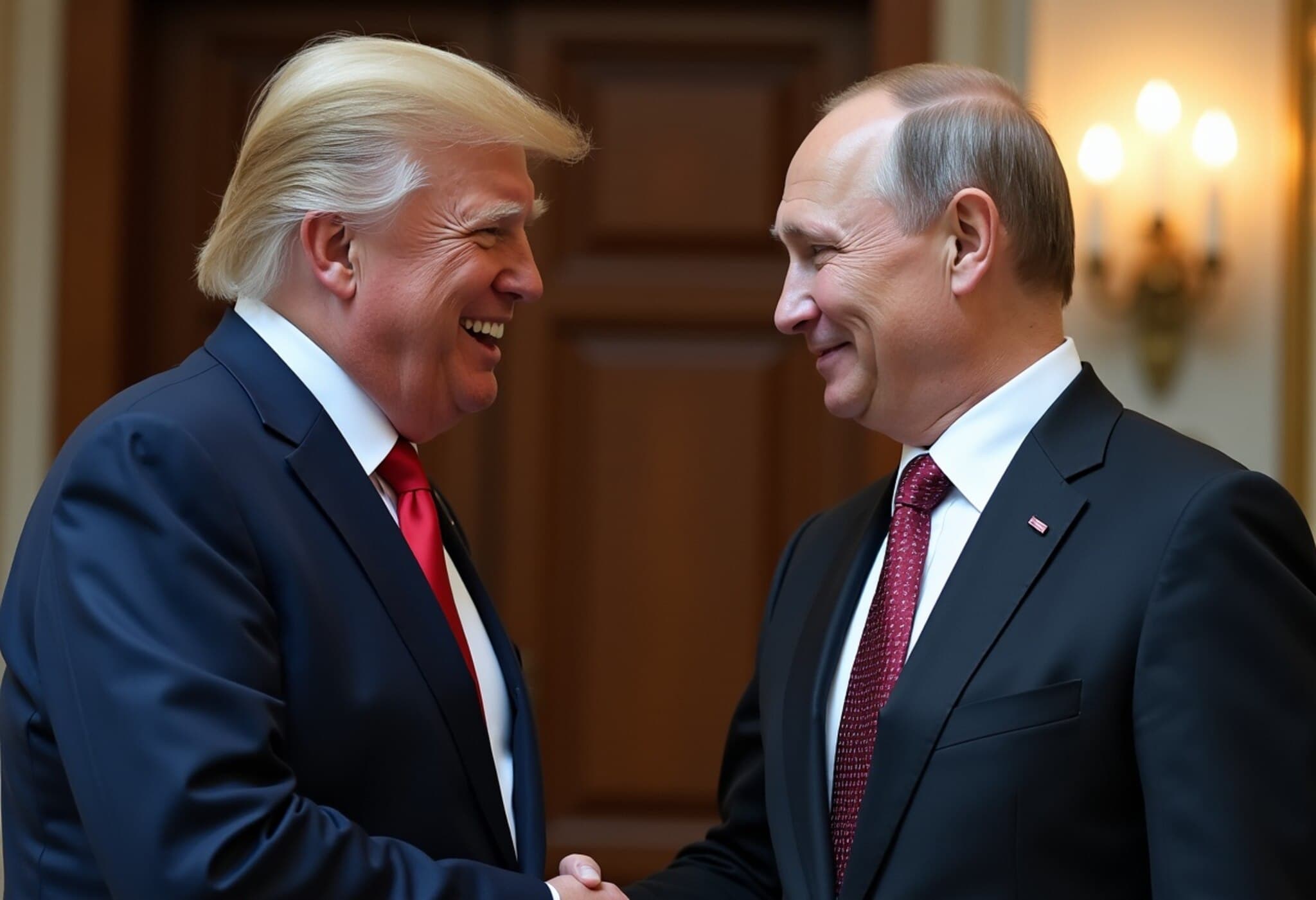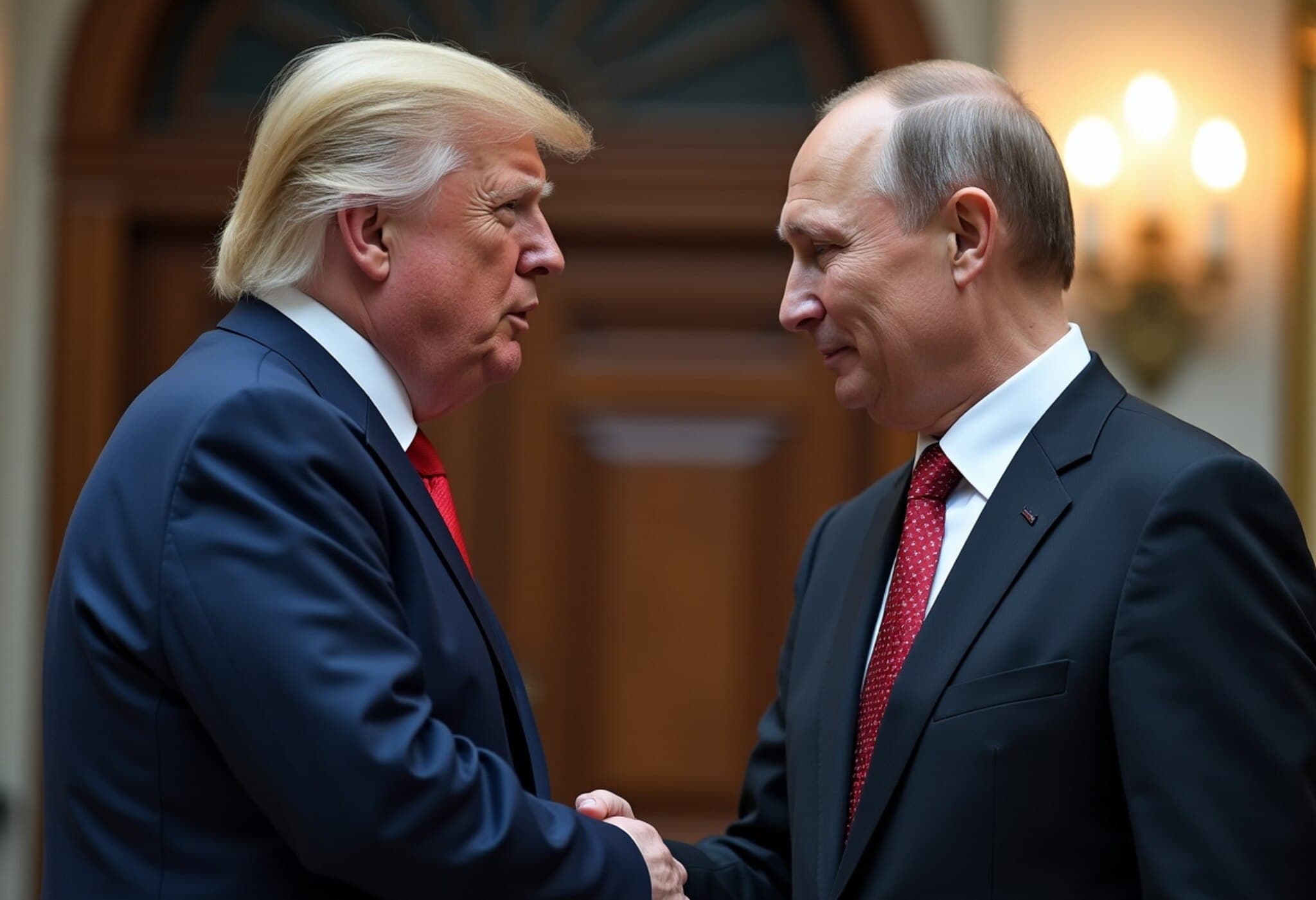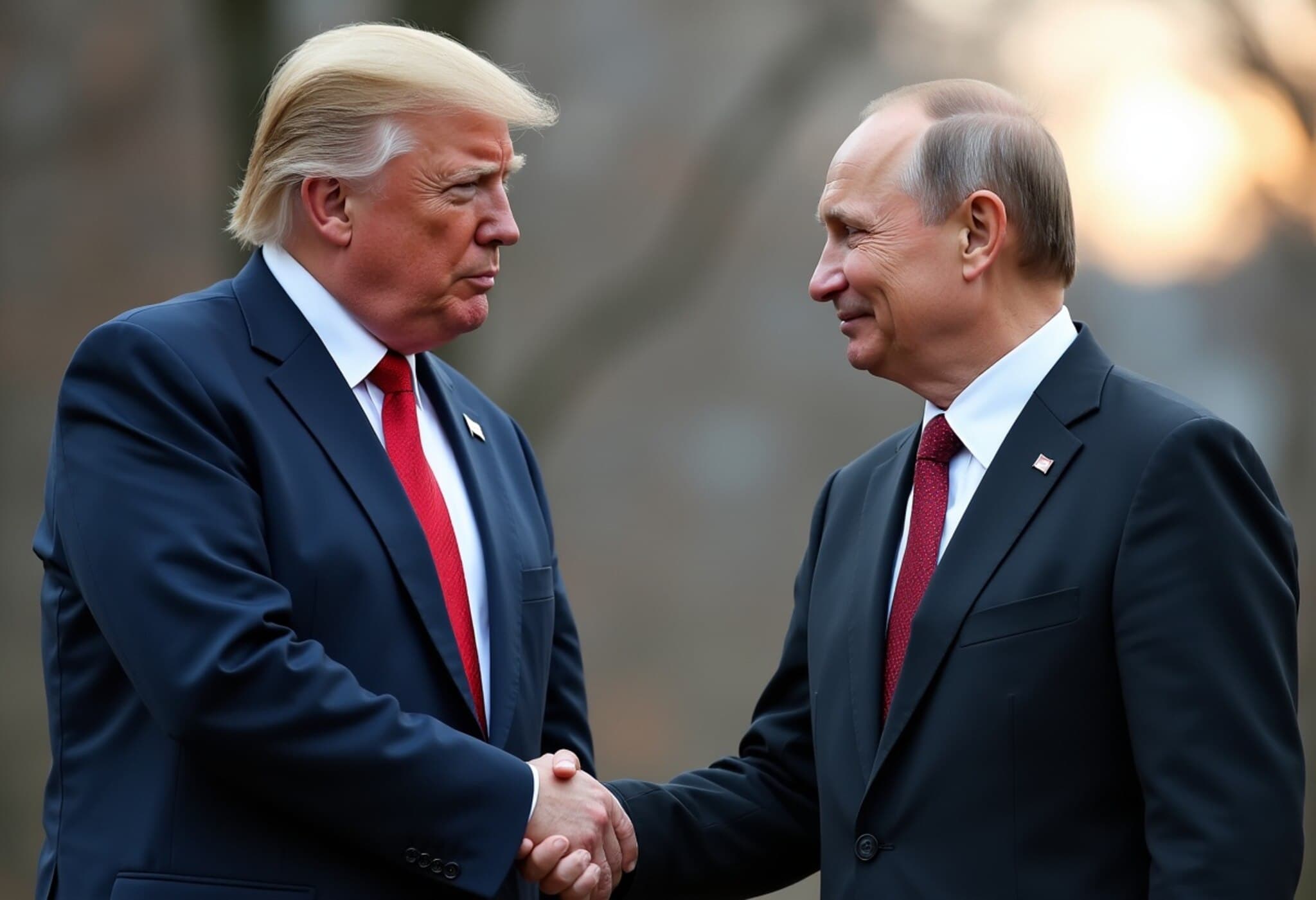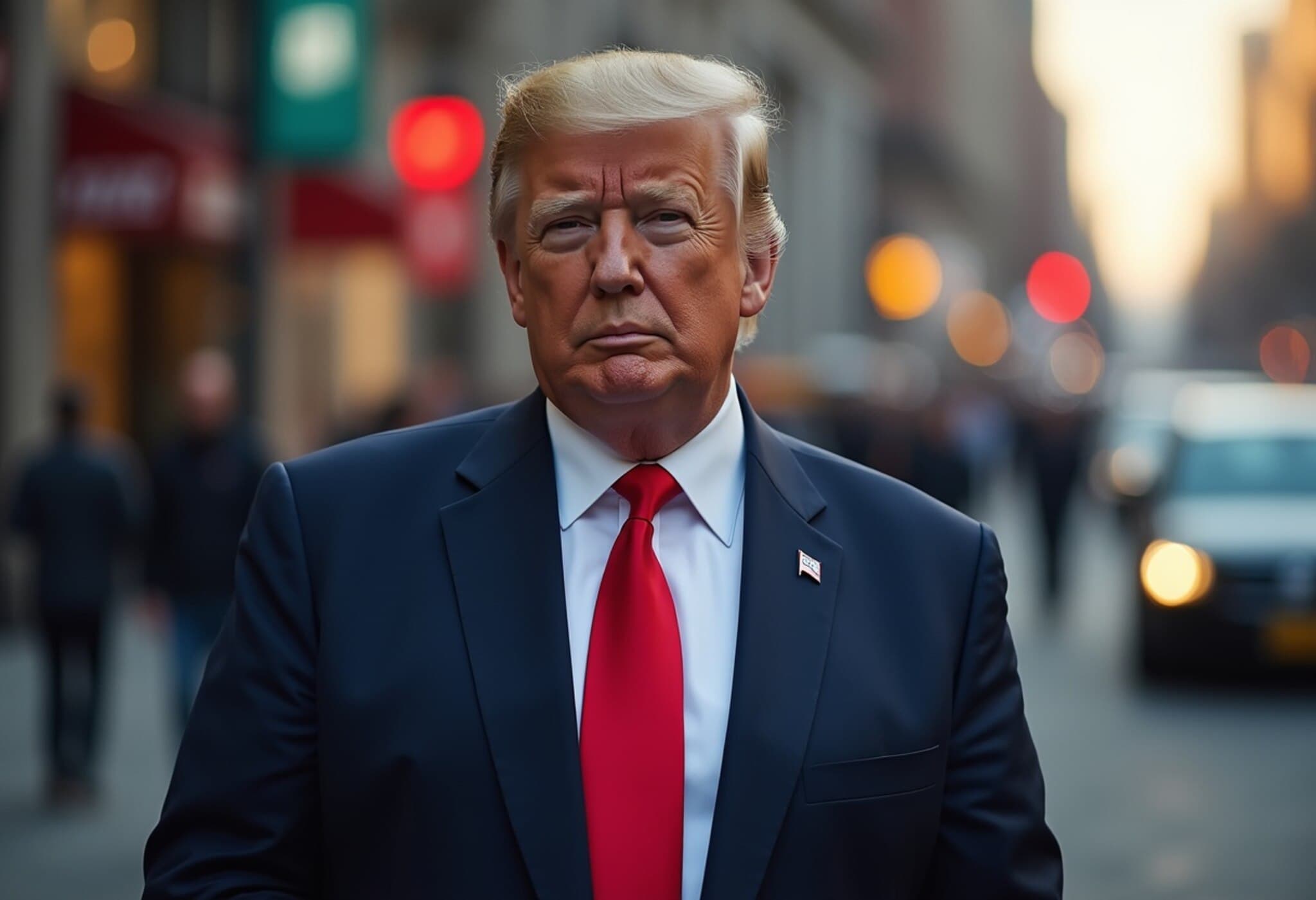Trump Voices Frustration Over Putin's Role in Ukraine Conflict
In a striking departure from his previous stances, former U.S. President Donald Trump openly expressed his dissatisfaction with Russian President Vladimir Putin on July 8, 2025, condemning the ongoing war in Ukraine and accusing Putin of misleading the United States amid conflict resolution efforts.
Escalating War Toll Draws Sharp Criticism
During a White House Cabinet meeting, Trump highlighted the grim human cost of the war, stating, "He's killing a lot of people ... his soldiers and their soldiers, mostly, and it's now up to 7,000 a week." This sobering figure underscores the brutal nature of the conflict, which has dragged on for over three years since Russia’s invasion in early 2022.
Trump underscored his personal displeasure, affirming, "I'm not happy with Putin. I'm very unhappy with them." This harsh critique signals a notable moment from the former president, who has often been seen as sympathetic to Putin’s leadership in past dialogues.
Weapons Shipment Pause and U.S. Support for Ukraine
Trump's remarks came on the heels of a recent pause in U.S. arms shipments to Ukraine, a move that stirred controversy and debate over America's ongoing role in supporting Kyiv. Yet, he simultaneously pledged continued support, referencing a renewed commitment to "send some more weapons" to help Ukraine defend itself.
When asked about the decision to halt the shipment last week, Trump responded playfully yet pointedly to reporters, "Why don't you tell me?" while glancing at Defense Secretary Lloyd Austin, underscoring potential internal communication lapses within the administration.
Blaming Previous Administrations and Evaluating Putin’s Intentions
Echoing a familiar theme, Trump placed partial blame on former Presidents Barack Obama and Joe Biden, suggesting their policies paved the way for Putin’s controversial 2022 invasion. Reflecting on the war’s trajectory, he noted, "That was a war ... that should have never happened, and a lot of people are dying and it should end."
Trump offered a candid assessment of Putin's diplomacy, stating, "We get a lot of bulls--- thrown at us by Putin." Despite Putin’s seemingly cordial demeanor, Trump described it as ultimately "meaningless."
Recent Phone Call Highlights Ongoing Diplomatic Challenges
The two leaders last spoke on July 3, in a phone conversation lasting nearly an hour. However, Trump later called the dialogue "a disappointment", expressing doubt about Putin’s willingness to deescalate the conflict.
“I'm very disappointed with the conversation I had today with President Putin, because I don't think he's there,” Trump told reporters while returning from Iowa. “I don't think he's looking to stop the war in Ukraine. And that's too bad.”
Expert Commentary and Broader Implications
Trump’s public rebuke of Putin adds a complex layer to U.S.-Russia relations, especially as Washington navigates the fine line between supporting Ukraine’s sovereignty and managing broader geopolitical tensions. His frank critiques may resonate with those frustrated over the protracted conflict but also raise questions about the U.S. political narrative surrounding the war.
From a policy perspective, the pause in weapons shipments juxtaposed with promises to increase support illustrates the nuanced, sometimes contradictory nature of U.S. engagement. It spotlights challenges defense and diplomatic officials face in balancing military aid with diplomatic pressures, domestic opinion, and alliance unity.
Moreover, Trump’s invocation of his Democratic predecessors’ policies invites reevaluation of long-term U.S. foreign policy strategies in Eastern Europe, encouraging analysts to dissect historical decisions that may have influenced current events.
Underreported Perspectives
- Human Cost Beyond Military Losses: While troop casualties are emphasized, civilian suffering and displacement remain critical yet underrepresented issues in public discourse.
- Internal Administration Dynamics: The apparent communication gap revealed by Trump’s comment toward Defense Secretary Austin suggests potential discord or operational opacity within U.S. leadership regarding Ukraine aid.
- Long-Term Peace Prospects: Trump’s skepticism about Putin’s intentions raises urgent questions about credible pathways to ceasefire and lasting resolution.
Editor’s Note
Donald Trump’s candid remarks on Putin and the Ukraine war introduce fresh tensions into an already fraught international context. Beyond political theater, these developments prompt a deeper reflection on the complexities of diplomatic engagement, the stakes of military intervention, and the human realities of prolonged conflict. As the U.S. recalibrates its role, readers should consider how leadership narratives shape public understanding and policy direction in this pivotal geopolitical struggle.

